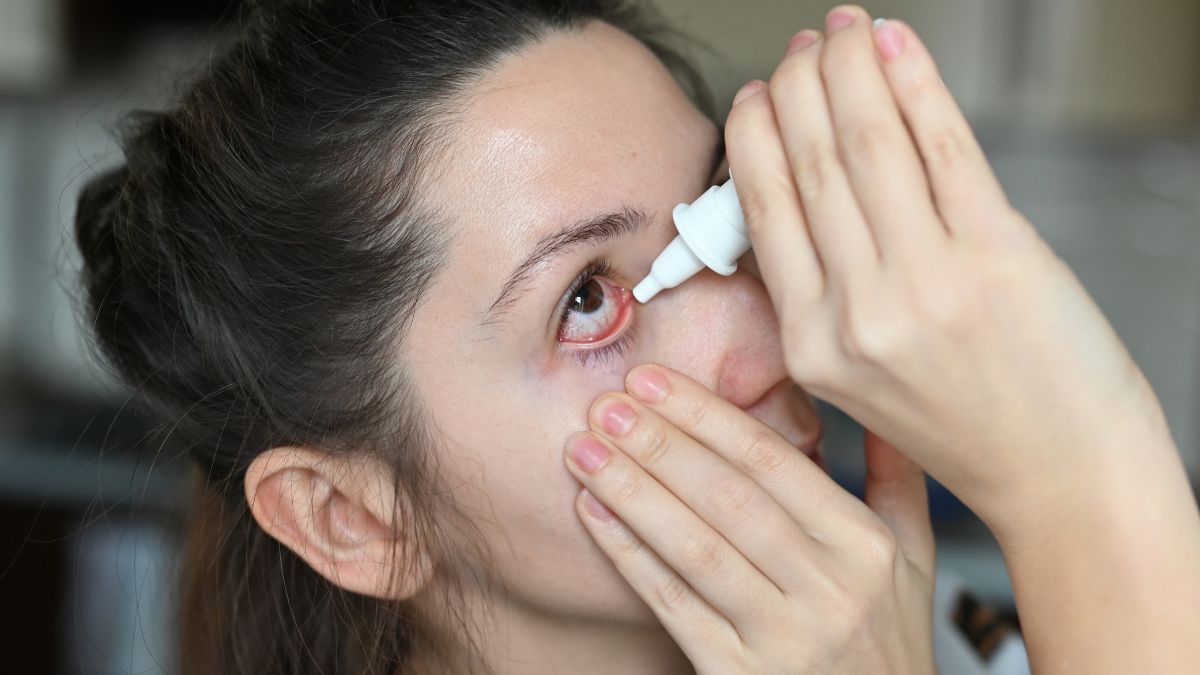- By Prerna Targhotra
- Tue, 23 May 2023 10:45 AM (IST)
- Source:JND
TAKING care of your eyes is as important as caring about other parts of your body. Eyes are an integral part of our overall body and taking care of them is an important part of our regular well-being. Eyes are often considered as the window into our soul, so being extra cautious with them is necessary. According to Healthline, eye redness can happen when the blood vessels on the surface of your eye expand or dilate. This can happen when a foreign object or substance has gotten into your eye or when an infection has formed. Eye redness is usually temporary and clears up quickly. Here are some easy ways to reduce eye redness.
1. Warm Compress
Eye redness can be comforted by using warm compress therapy. Soak a soft towel in warm water and wring it out. Keep the water temperature at a normal level as the areas around the eyes are sensitive. Place the wet towel on your eyes for about ten minutes. The heat from the towel can help increase blood flow to the area and increase oil production on your eyelids. This allows your eyes to create more lubrication, states Healthline.
2. Cool Compress
A cool compress can be used in situations when a warm compress doesn’t. According to Healthline, a towel soaked in cool water and wrung out may also provide short-term relief for red eye symptoms. It can relieve any swelling and reduce any itchiness from irritation. Be sure to avoid any extremes of temperature in the area around your eyes, or you may make the problem worse.
3. Pay Attention To Diet
A healthy and balanced diet is essential for healthy eyes. Eating an excessive amount of inflammatory foods may cause eye redness. Processed foods, dairy products, and fast foods can all cause inflammation if eaten in excess. You can relieve this by limiting the amount you eat or adding more inflammation-reducing foods to your diet, as per Healthline.
4. Be Aware Of Your Surroundings
One must avoid staying in overly polluted environments, as dust particles can enter our eyes and cause bloodshot eyes. If you are constantly surrounded by allergens, such as smoke, dry air, and humidity, they are likely to affect your eyes.
(Disclaimer: This article is for informational purposes only. It is not a substitute for professional advice, diagnosis or treatment.)

